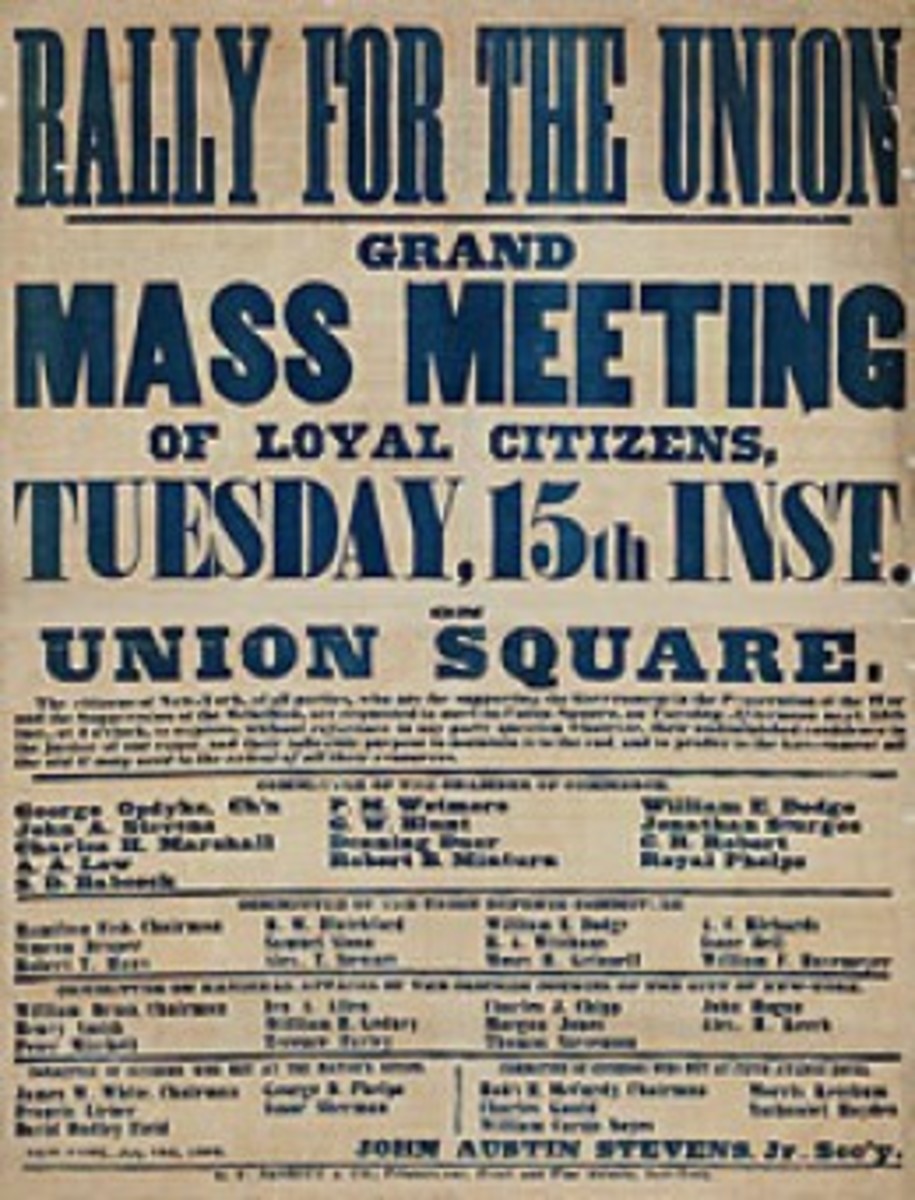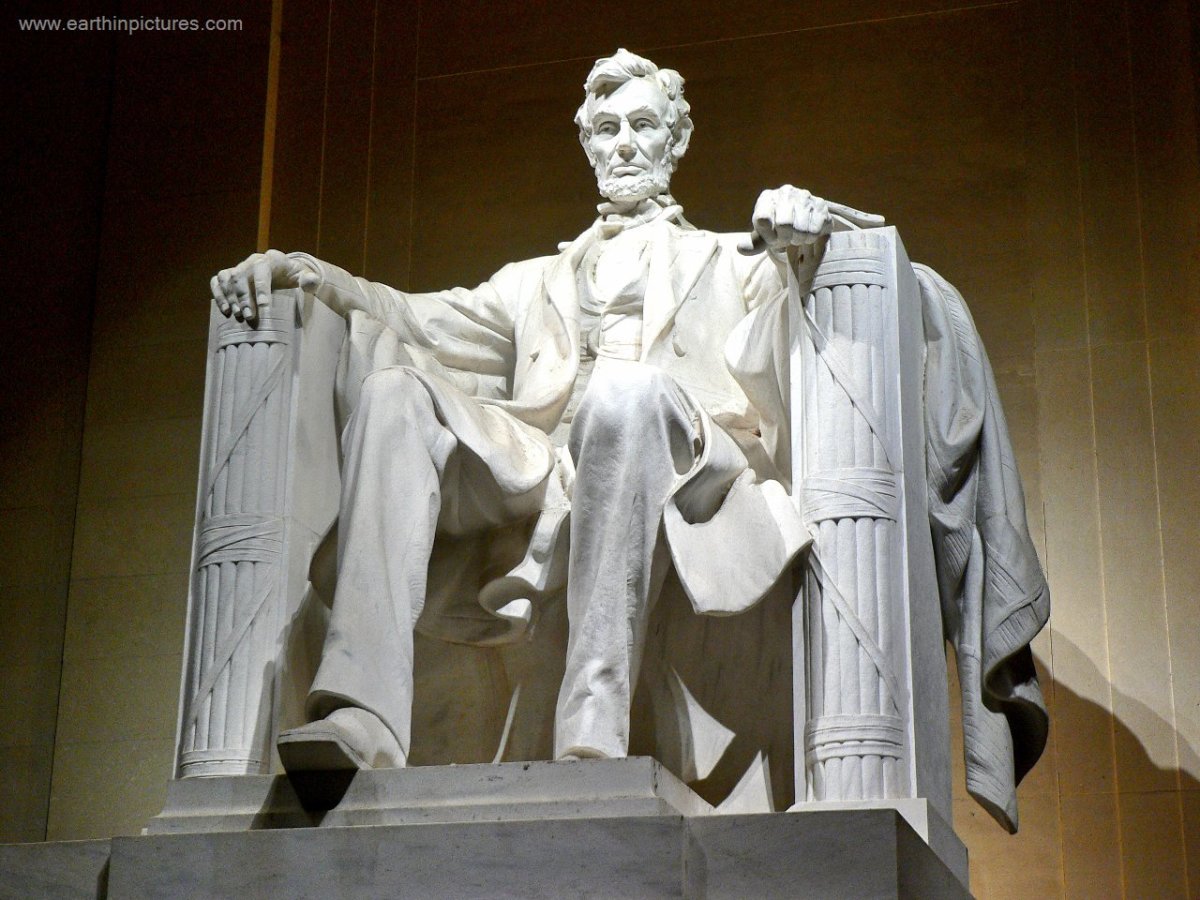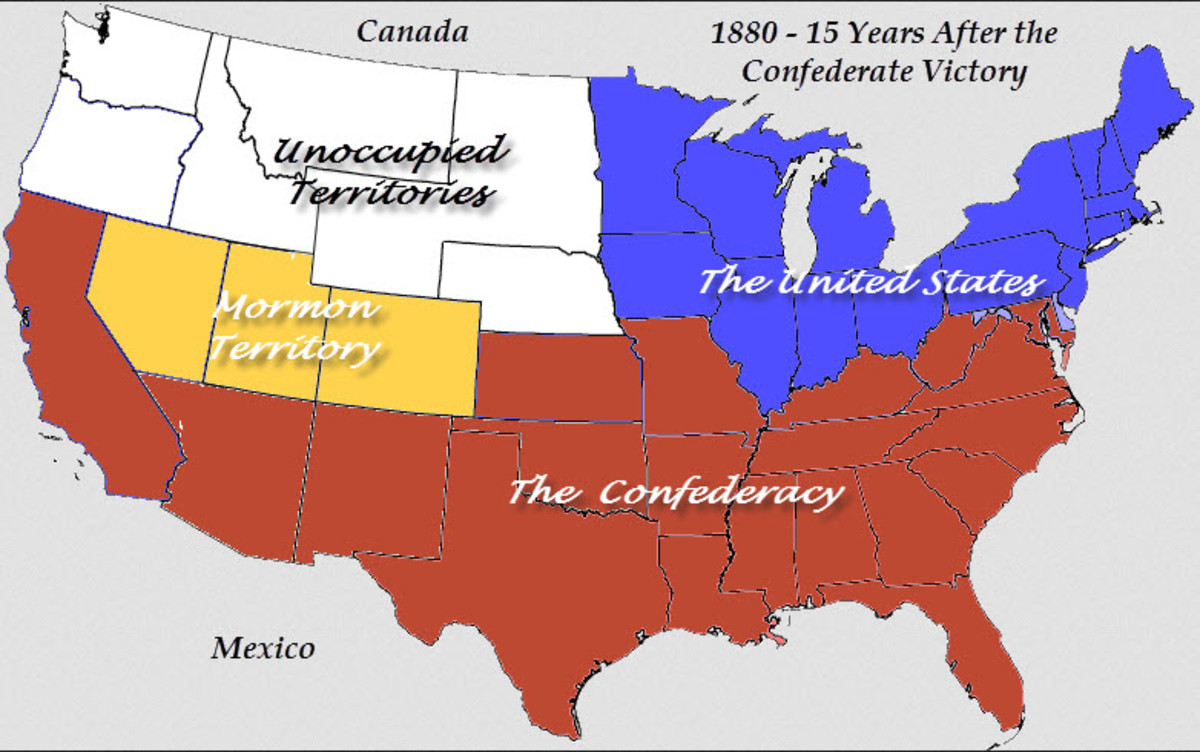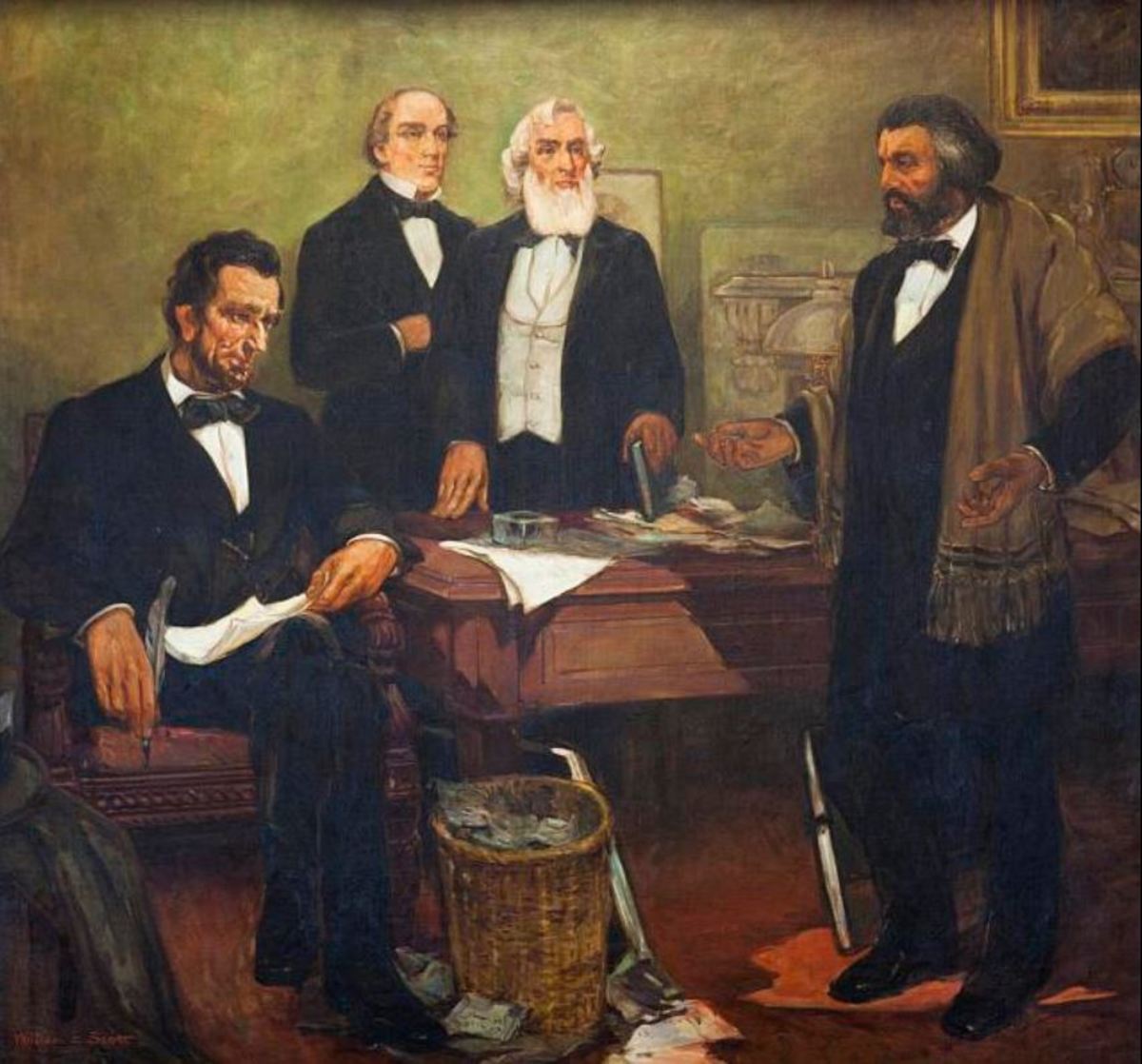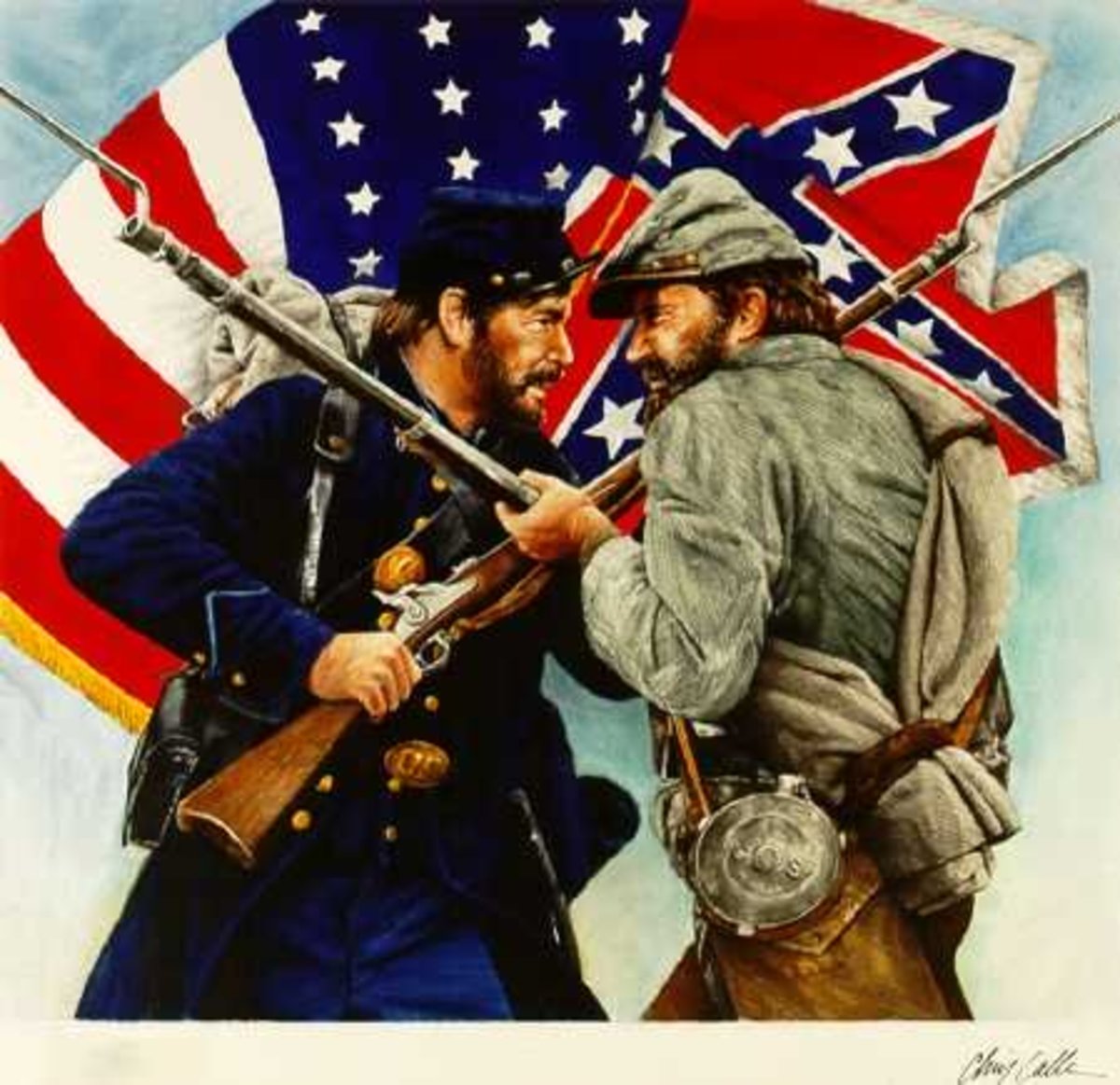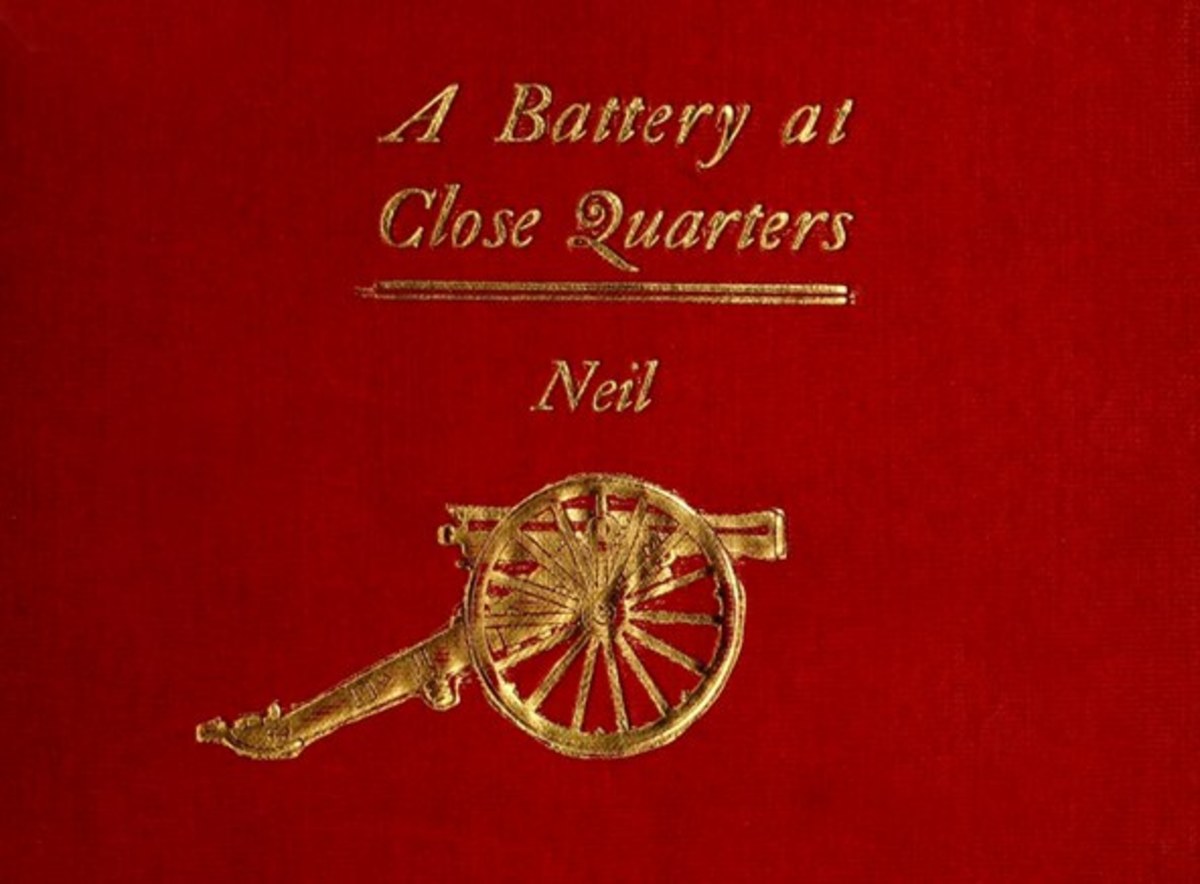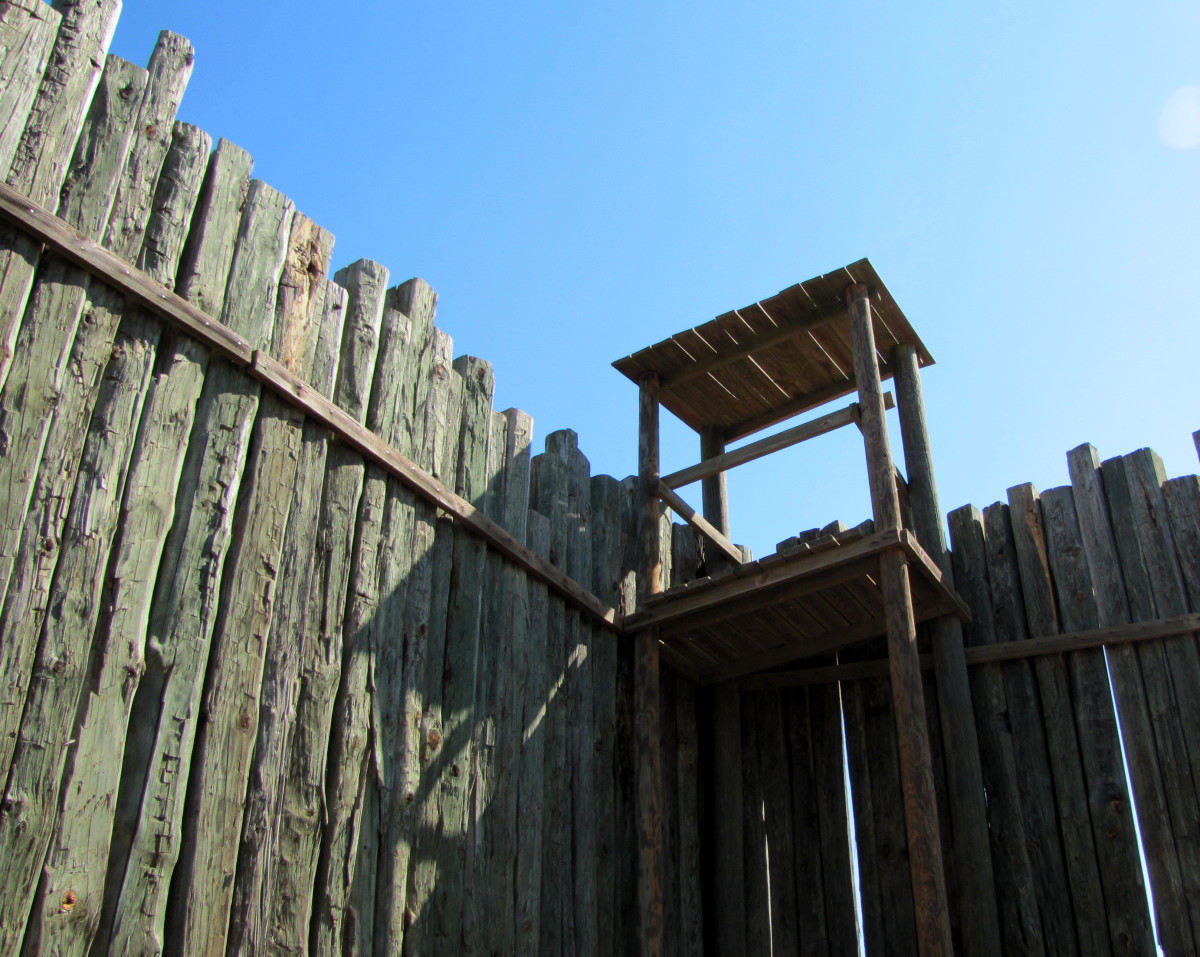- HubPages»
- Education and Science»
- History & Archaeology»
- History of the Americas»
- American History
Preservation of the Union Not Abolishment of Slavery: The True Reason Northern States Fought The Civil War
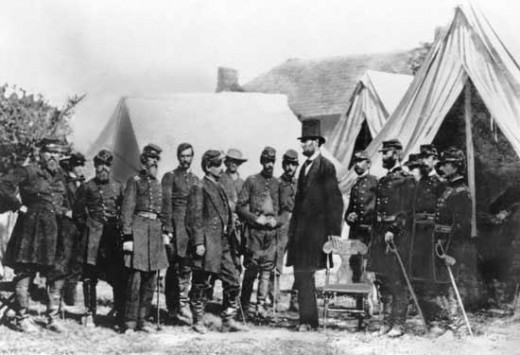
Abraham Lincoln was NOT the champion of the enslaved. He was NOT highly regarded by all northern Americans. And he was NOT working to uphold the US Constitution. These three common misconceptions have been perpetrated on the American public for well over a century, but the truth can be found by perusing news artifacts from the past.
The American Civil War is a topic that continues to fascinate people though almost a century and a half has passed since the last shot was fired. Books continue to be written, documentaries continue to be filmed, and scholarly programs continue to be presented by historians. While there are many facets of the war begging to be discussed, perhaps the most widely discussed idea is the true reason the war was fought at all.
The official version being taught to school age children in the United States is that the war was fought to free the black man from enslavement. This version holds that the northern states refused to continue to allow those in the south to practice their barbarism against other human beings. With this rewritten bit of propagandist history, the sainthood of “Ole Honest Abe” has been guaranteed.
Most Americans today believe the official story without question. One is hard put to try to explain the many true reasons that hostilities arose between the two factions because very few Americans have even a rudimentary knowledge of what truly took place in the years leading up to the war. Instead of accepting what's been written many years after the fact, perhaps we should be reading words written when the war was taking place.
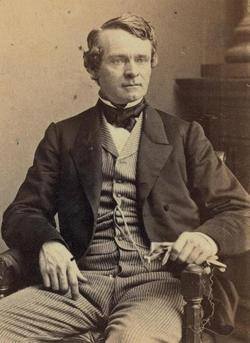
The question of States' Rights was of great debate during the years prior to the war. Many of us have been lead to believe that the rights of individual states were only being expounded upon by the southern states. In an article in The Patriot and Union, a newspaper out of Harrisburg, PA, the question was addressed on June 30, 1863.
After quoting an extract from the State Constitution of Massachusetts...
“The people of this Commonwealth have the sole and exclusive right of governing themselves, as a free, sovereign and independent State, and do, and forever shall, exercise and enjoy every power, jurisdiction and right, which is not, or may not herafter be, by them expressly delegated to the United States.”
...the paper maintained that such an excerpt provided a plain and strong assertion of the doctrine of State rights and State sovereignty. They went on to point out that such language would need to be considered treasonous if proponents of government centralization were to continue in the arguments that secession of Southern States was to be considered acts of treason.
Continuing in the same vein, the newspaper article made point of an extract from the State Constitution of Vermont, and wondered whether suppression of these State's Constitutions would be called for.
“No person in this State can, in any case be subjected to law martial, or to any penalties or pains by virtue of that law, except those employed by the army, and the militia in actual service.”
The Battle of Gettysburg raged for three days in July of 1863. Just days prior to the engagement, the newspapers in Pennsylvania were filled with scathing remarks about both Lincoln's administration and that of Governor Andrew Curtain, whom they referred to as Lincoln's puppet. Articles referring to the Federal administration as “nothing but imbecility, corruption, servility, and mismanagement” were plenty. One excerpt from the antique paper stood out as it sounded strangely familiar to sentiments of modern times. “Above all, the terrible certainty that the growth of military establishments, in the two sections, would at last pave the way, as it has done from the beginning of nations – to the overthrow of free government, and the election of some sort of despotism in their stead.”
On June 30th there appeared a column discussing the Governor's request for an additional 60,000 men to fight the Rebel troops threatening the farmlands of Pennsylvania. Governor Curtain is called “our Provincial Governor” who seemed to be doing the bidding of “His Excellency, Abraham Lincoln” rather than honoring the State's Rights of Pennsylvania. In reading the article, one is left with the understanding that the citizens of Pennsylvania were upset Gov. Curtain failed to call for volunteers on his own in order to be ready in defense of the state. Under the rights of the state, and that of the US Constitution, each state in the Union retains rights of war. Governor Curtain failed to act, instead waiting until the President made the demands for additional enlistments. When those who rose to the call discovered that they were not to be serving Pennsylvania, but rather Lincoln's armies, they turned and went home.
Perhaps the most telling facts are those dealing with the rate of desertion found in the Federal armies.
Men were leaving the ranks right from the very beginning, but desertions reached their zenith by the end of 1862 with more than 180,000 missing from the ranks. Prior to the Gettysburg Battle, General Hooker reported that 85,000 officers and men had left the Army of the Potomac. In 1864, the Federal desertion rate was averaged at 7,333 per month. It's been estimated that 1 in 7 Union soldiers deserted. All told, the total was some 280,000 desertions throughout the duration of the war.
It's true that both sides suffered desertions, but the Confederacy's numbers were far less with about 104,000. And while there are any number of reasons leading to an act of desertion, one explanation was written about in the July 4, 1863 edition of the Patriot and Union. Twenty-nine Rebel deserters were brought before the Provost Marshal, having given themselves up at several points in southern PA where the fighting had been heaviest. As it turned out, most of them were of northern origin but had been working in southern states at the time of the initial hostilities. Knowing they would be conscripted into the southern army anyway, they joined on their own in hopes of making the best of a bad situation.
These men claimed it was impossible to escape/desert while on the southern side of the Potomac. “...the extreme penalty of death was enforced upon deserters. The risk of being caught was so great as to prevent many attempts, as the entire Southern people were united and alert. The very women would arrest straggling men, or cause them to be arrested, if suspected of bad faith toward the cause.” Once the men and their units crossed the Potomac into more familiar and friendly territory, the difficulty of desertion was eased. The men related stories of how “hundreds and hundreds” broke and ran. They claimed that these same men were hiding in the mountains of southern Pennsylvania, waiting for the mounted Rebel scouts to move out of the area before giving themselves over to northern authorities.
Reading such newspaper articles, written during the events rather than a century after, helps to shed new light on a time in our country's history that has been debated ever since. Throughout the years of the war, many articles and editorials, as well as printed speeches given by officials, reveal the true feelings of the northern states' populations. The abolitionist sentiments of the north were not the prevailing beliefs. Most northerners fought for the primary reason of preserving the Union, but were angered and bitter over their feelings that the abolitionist factions of New England had maneuvered the country into a state of war through manipulation of politics and those who were wrangling for power over the country as a whole.
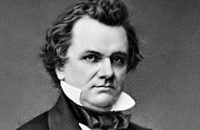
“There is but one mode in which this glorious country can be permanently preserved. That mode is by maintaining inviolate every provision of the Constitution, as our fathers made it.....he who is not willing to carry out, in good faith, every clause, every word, every letter of the Constitution; is a traitor in his heart to his country. I tell the Abolitionists that they are bound, as honest men, to carry into effect that clause of the Constitution providing for the surrender of fugitive slaves, just as much as any and every other clause...that whoever may be President, he is bound by his oath to carry out the laws to their faithful execution....if he shall attempt to subvert the Constitution, violate its provisions, or make war upon the rights and interests of any section of this Confederacy, I will aid, to the full extent of my power, according to the Constitution and laws, in hanging him higher than Virginia hanged John Brown.” ~ Speech given by Stephen Douglas to 50,000 supporters in New York on September 12, 1860


